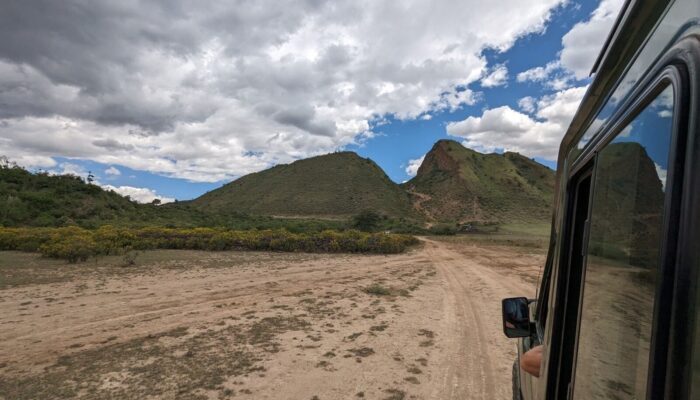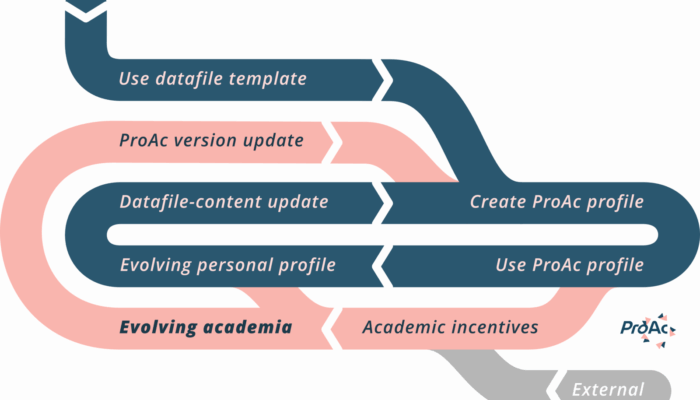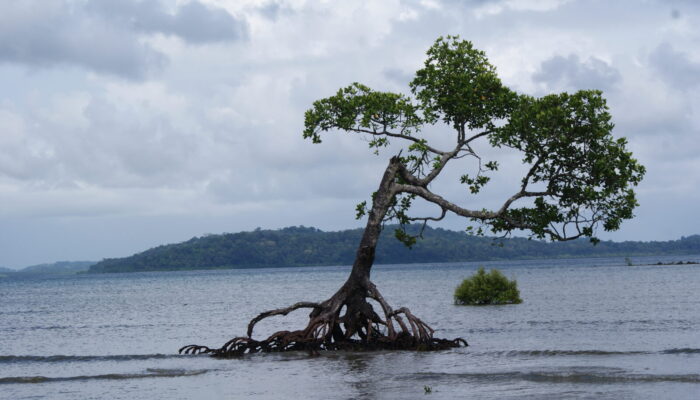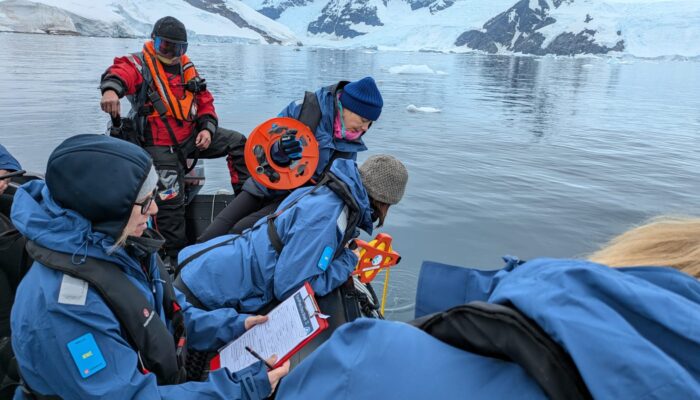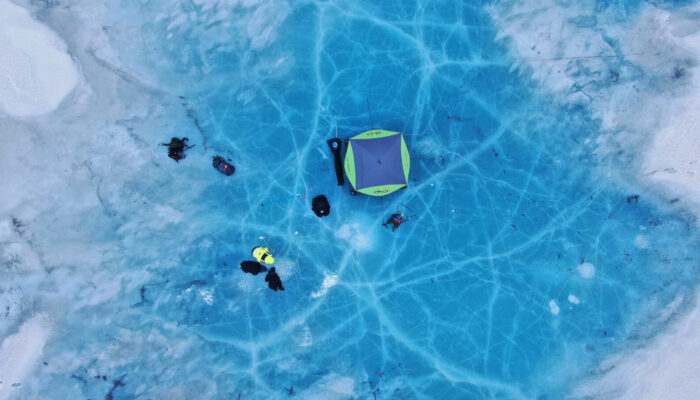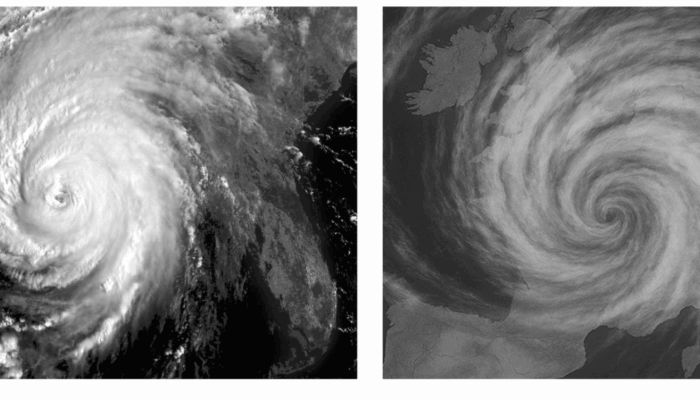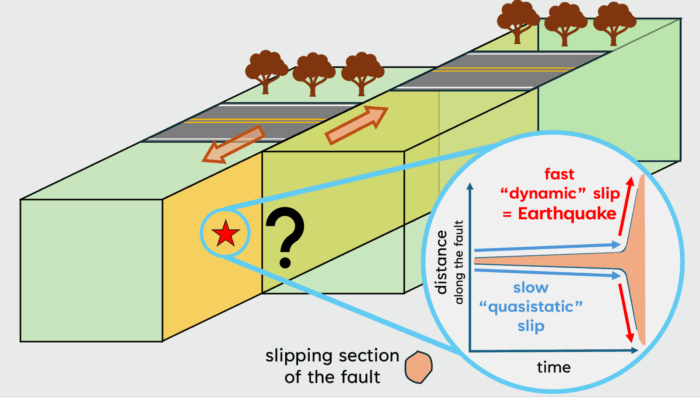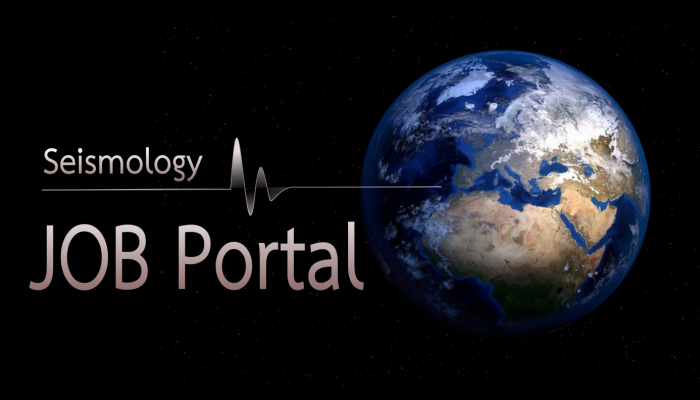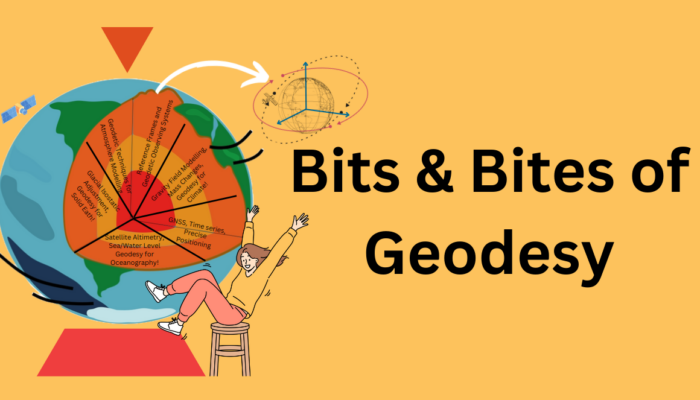Continental rifts are a prime example of how the forces at work beneath our feet are constantly shaping our world, and often host volcanic activity. The patterns and distribution of volcanism in rift settings, however, is far from intuitive. The picture gets even more complicated if we look between the segments that often make up a rift. This week, Valentina Armeni from the University of Potsdam, ...[Read More]
Seismology
Surviving the Ranking Madness: A Geoscientist’s Guide to Keeping Your Academic Soul Intact
The Academic Identity Crisis Ever googled yourself to check if your h-index went up? Compared your publication statistics to a peer? Published in a paywall journal while cursing the system? – Same. Welcome to the slightly neurotic world of academic evaluation—where current incentives often pull us away from the values we hold as scientists: curiosity, creativity, responsibility, and even actual sc ...[Read More]
Natural Hazards
How is earthquake-driven sea-level rise changing our coasts?
Coastal regions have always been at risk from natural hazards, but now, there’s an added layer of complexity. Earthquakes, which cause the land to move up or down, can significantly affect sea levels, especially in regions already experiencing the effects of climate change. Earthquakes can alter coastlines in ways that we’re still trying to understand, and it’s clear that tectonically active areas ...[Read More]
Ocean Sciences
The Untapped Potential of Citizen Science Onboard Expedition Cruise Vessels
Scientific work can be done not only by professional scientists but also by the general public, often in collaboration with scientific institutions. At HX Expeditions, citizens have the opportunity to contribute to scientific projects on expedition cruises. Join us as we hear from Holly Stainton, the Science & Education Coordinator at MS Roald Amundsen and HX Expeditions, about her experiences ...[Read More]
Cryospheric Sciences
The Proglacial Puzzle: Sampling of Glacier-fed Lakes in Greenland
Would you like to follow the endeavours of a small team working in the ice-marginal terrain in South-West Greenland? They set out to investigate proglacial lakes using sediment coring, water sampling and gas collections (figure 1), aiming to better understand methane dynamics, proglacial terrain development and the environmental drivers behind methane production in glacially influenced lake system ...[Read More]
Nonlinear Processes in Geosciences
AI-generated Images: the fragility of visual evidence in geosciences
Recently, an increased number of visually striking “scientific” images have been found online: snapshots of turbulent flows with dreamlike structure, eerily symmetric cloud patterns, and what appeared to be global temperature fields annotated with plausible colormaps and scientific-looking labels. Many of these posts quickly go viral on social media. And yet, in many cases, the images ...[Read More]
Geodynamics
Don’t Stop Me Now: A Fracture Mechanics Perspective on Earthquake Nucleation
How do earthquakes start? Earthquakes occur when a block of rock rapidly slides past another along an interface or a discontinuity in the medium and release energy in the form of seismic waves. Turns out, the surface of the earth is riddled with a lot of these discontinuities, which we call “faults”. If we plot the locations of earthquakes on a world map (Figure 1a), we will see that they highligh ...[Read More]
Geosciences Instrumentation and Data Systems
Advancing Geosciences: Innovation and Community in the GI Division
The Geosciences Instrumentation and Data Systems (GI) Division is one of the many divisions within the EGU. However, have you ever wondered what the GI division does? Our mission is to advance geoscientific research by promoting innovation, collaboration, and knowledge exchange in instrumentation, technology, and data systems across all geoscience disciplines. We are an interdisciplinary division, ...[Read More]
Seismology
Seismology Job & Career Portal
On this page, we regularly update open positions, workshops, schools or internships in Seismology for early career scientists. Do you have a job on offer? Would you like to advertise your workshop? Contact us at ecs-sm@egu.eu Please, note that other available research positions are displayed on the EGU Jobs Portal. We invite you to explore previous job posts, since some offers listed there may be ...[Read More]
Geodesy
Bits and Bites of Geodesy – From Wobble to Wander: Tracking Earth’s Shifting Rotation Axis
When we think of Earth’s rotation, it is tempting to imagine a perfectly smooth spin. But in reality, Earth’s rotation is irregular and dynamic, and is influenced by forces inside and outside of our planet. To describe the changing orientation of the Earth in space over time Earth Orientation Parameters (EOPs) are measured with fundamental geodetic measuring techniques, e.g., Very Long Baseline In ...[Read More]

